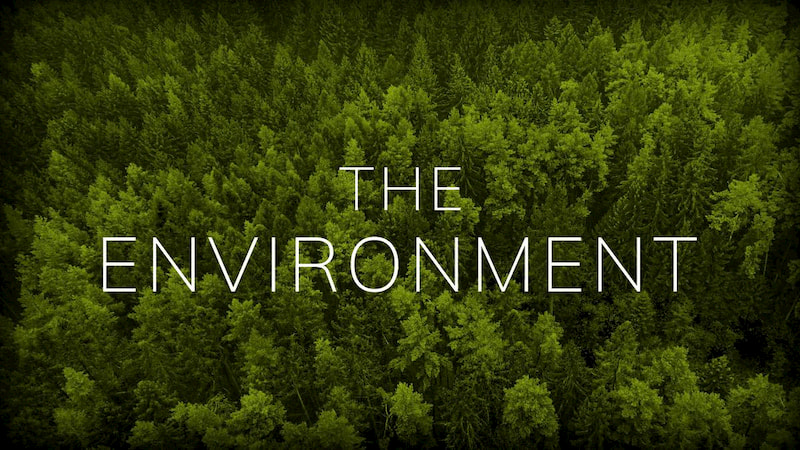When you make mistakes with collocations, the other person will usually understand you – but your English won’t sound “natural” – because it’s different from the way a native speaker would say it.
Although it’s possible to communicate successfully with incorrect collocations, using collocations correctly can help you speak more fluently. We suggest completing one lesson in this book per day, but of course you can study at your own pace.
Let's begin our study of collocations by learning some common expressions about the environment.
A. Damaging the environment
Read this extract from a report on getting rid of waste.
Disposal of household waste is a daunting task for local authorities. Towns and cities cannot just dump(1) such waste and hope it will go away. Household waste contains many materials and substances which are extremely harmful to the environment, and authorities need long-term solutions. Efforts to recycle waste are only a partial solution. Meanwhile, the problem of toxic waste(2) remains. One expert recently warned that the risks to public health are so great that we may have less than a decade to avoid an environmental catastrophe on a global scale.
(1) dispose of in an irresponsible manner
(2) poisonous
B. Climate change and its consequences
Here is an interview with Gary Prime, the American rock star known for his support of environmental campaigns, who is visiting London.
Interviewer: Would you agree that climate change is the most urgent issue facing us today?
Prime: Definitely. You only have to look at the changing weather patterns in many parts of the world. It’s absolutely vital that we change our ways before it’s too late. Parts of Europe which used to be cooler now experience intense, searing heat, and temperatures soar above the average every summer. Other areas suffer widespread flooding on a regular basis. We can’t continue in this way without there being dire consequences.
Interviewer: So what can people do in the face of this irreversible climate change?
Prime: Yes, there is. We can all reduce our carbon footprint by flying less, and reduce our food miles by buying local produce. Some airlines have schemes now for offsetting carbon emissions.
Interviewer: Flying’s only one part of it, though. Most of the problems come from vehicle emissions and power stations.
Prime: True, but there are things we can do about that too. Buy a hybrid car, develop alternative energy sources for homes, solar heating for instance, and build more offshore wind farms. Oil supplies will run dry within 50 years. Renewable energy can make a real difference. And politicians shouldn’t be afraid of introducing green taxes and incentives to encourage eco-friendly design in architecture. With sufficient will, we can find a solution.
Interviewer: Gary Prime, thank you for giving up your time for this interview.
Prime: No problem, I’ve got just enough time to catch my flight to Los Angeles.








0 Comments